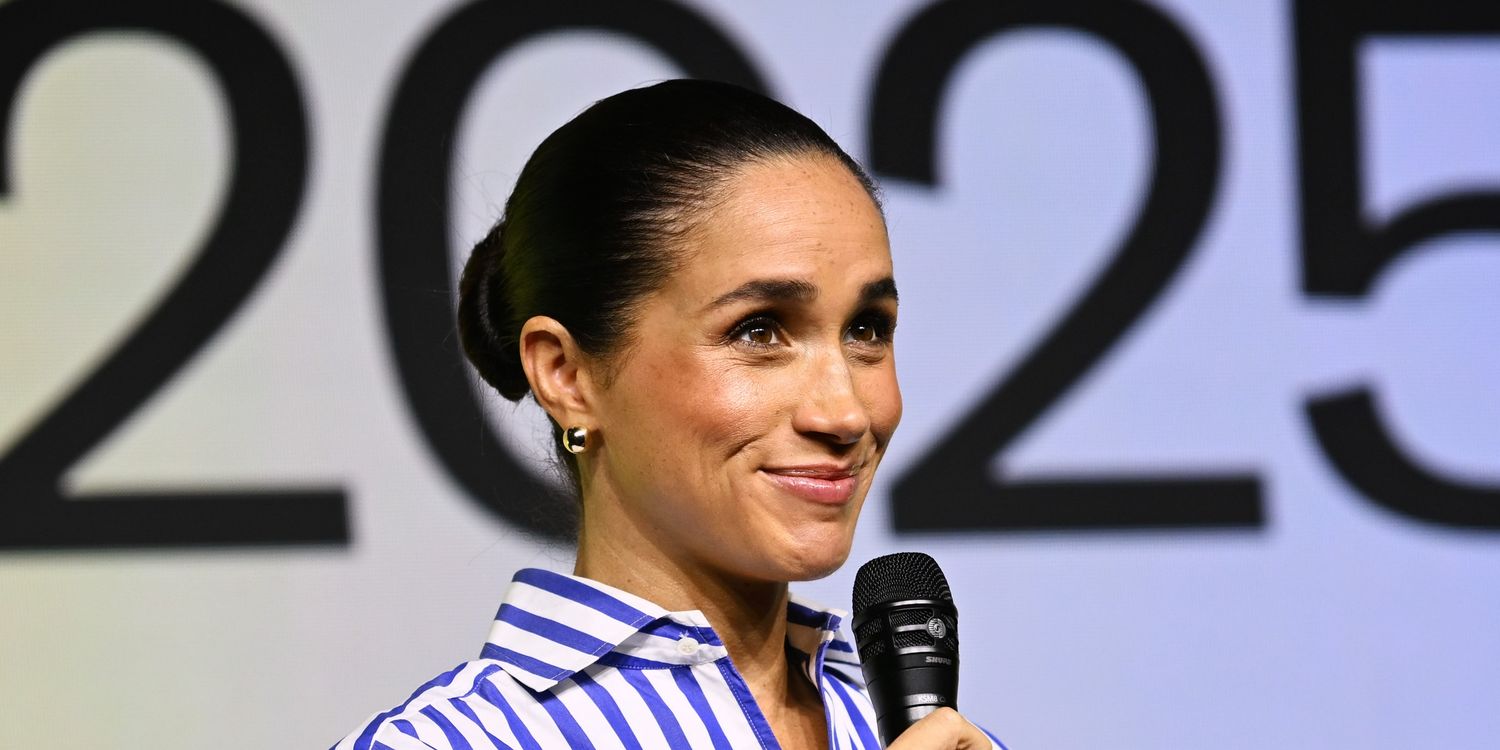- Meghan Markle shared a video on her Instagram Stories with Taylor Swift’s track “Opalite” playing in the background.
- In the short clip, the Duchess gave a peek inside her home office in Montecito, California.
- Markle is a proud Swiftie who attended…
Meghan Markle Gives Taylor Swift Nod While Celebrating As Ever Launch
